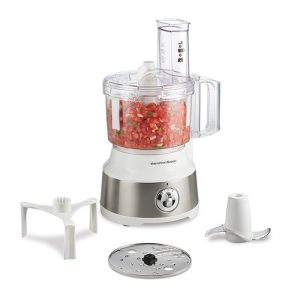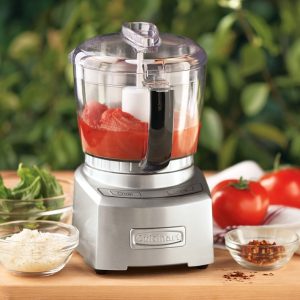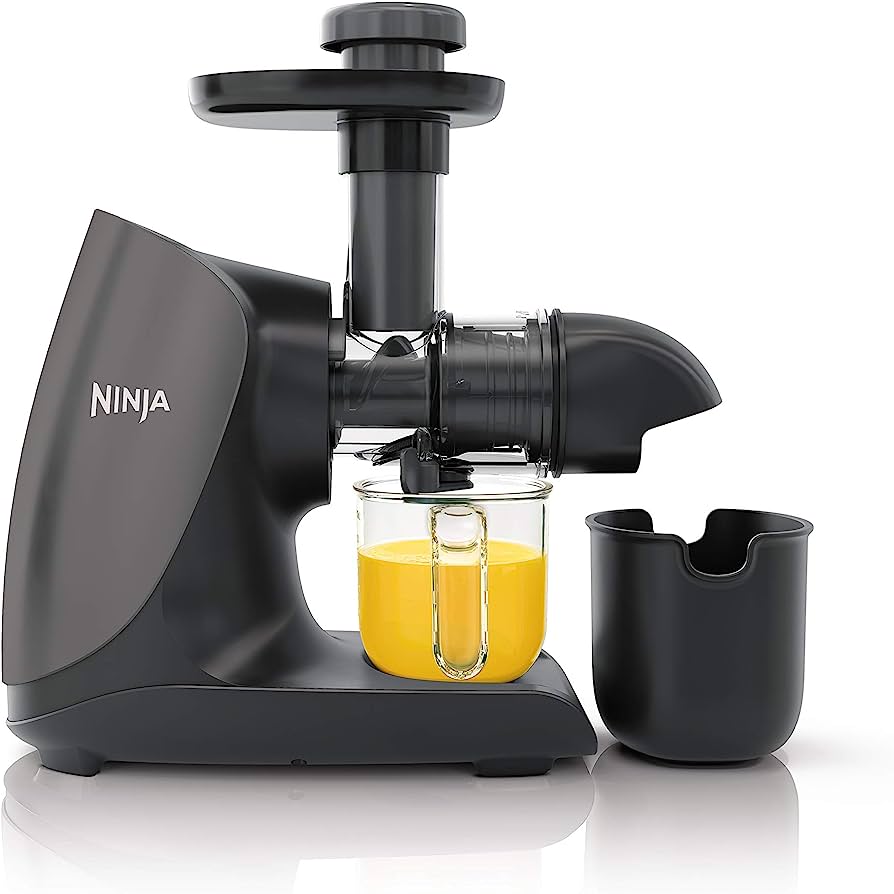
Introduction:
When you juice fruits and vegetables, a significant amount of pulp is left behind. Instead of discarding this nutrient-rich byproduct, there are numerous ways to repurpose it creatively and healthily. This comprehensive guide explores various methods to utilize juicer pulp, including culinary uses, gardening applications, and other innovative ideas. By transforming juicer pulp into valuable resources, you can minimize waste and enhance your culinary and gardening practices.
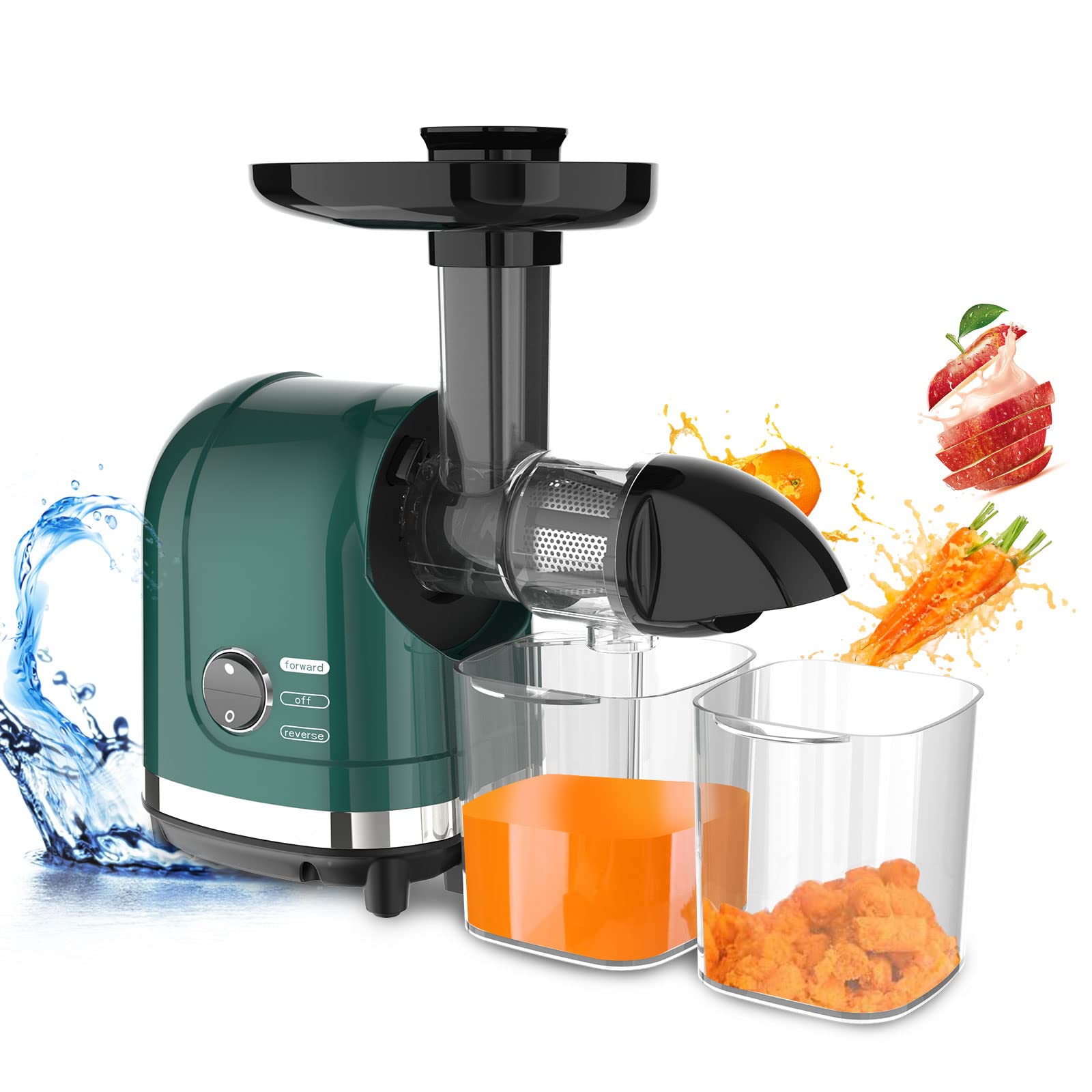
What to Do with Pulp from a Juicer:
How Can You Utilize It Effectively?
Culinary Uses:
How Can You Integrate Juicer Pulp into Your Recipes?
Incorporating juicer pulp into your cooking and baking not only reduces waste but also adds nutritional value to your meals.
Baking with Pulp:
Enhancing Baked Goods:
Muffins and Bread: Juicer pulp can be added to muffin and bread recipes for extra moisture and fiber. Carrot pulp, for example, works wonderfully in carrot cake muffins or carrot bread, contributing a subtle sweetness and texture.
Pancakes and Waffles: Mix fruit or vegetable pulp into your pancake or waffle batter to enhance the flavor and nutrient content. Apple pulp can add natural sweetness to pancakes, while spinach or kale pulp can boost the nutritional profile of waffles.
Soups and Stews:
Thickening and Flavoring:
Broth Boost: Add vegetable pulp to your homemade vegetable broth for added flavor and texture. The pulp helps to thicken the broth naturally and infuses it with rich nutrients.
Hearty Stews: Incorporate pulp into stews for an added layer of complexity. Tomato pulp, for instance, can enhance the flavor of a tomato-based stew, while pulp from root vegetables like carrots and beets adds sweetness and body.
Smoothies and Juices:
Blending for Nutrients:
Smoothie Add-Ins: Blend fruit or vegetable pulp into your smoothies for added fiber and nutrients. This is a great way to ensure you’re not missing out on the beneficial components of your produce.
Juice Blends: You can also mix pulp back into your juices for a thicker, smoothie-like consistency. This practice retains more of the fiber, which is beneficial for digestive health.
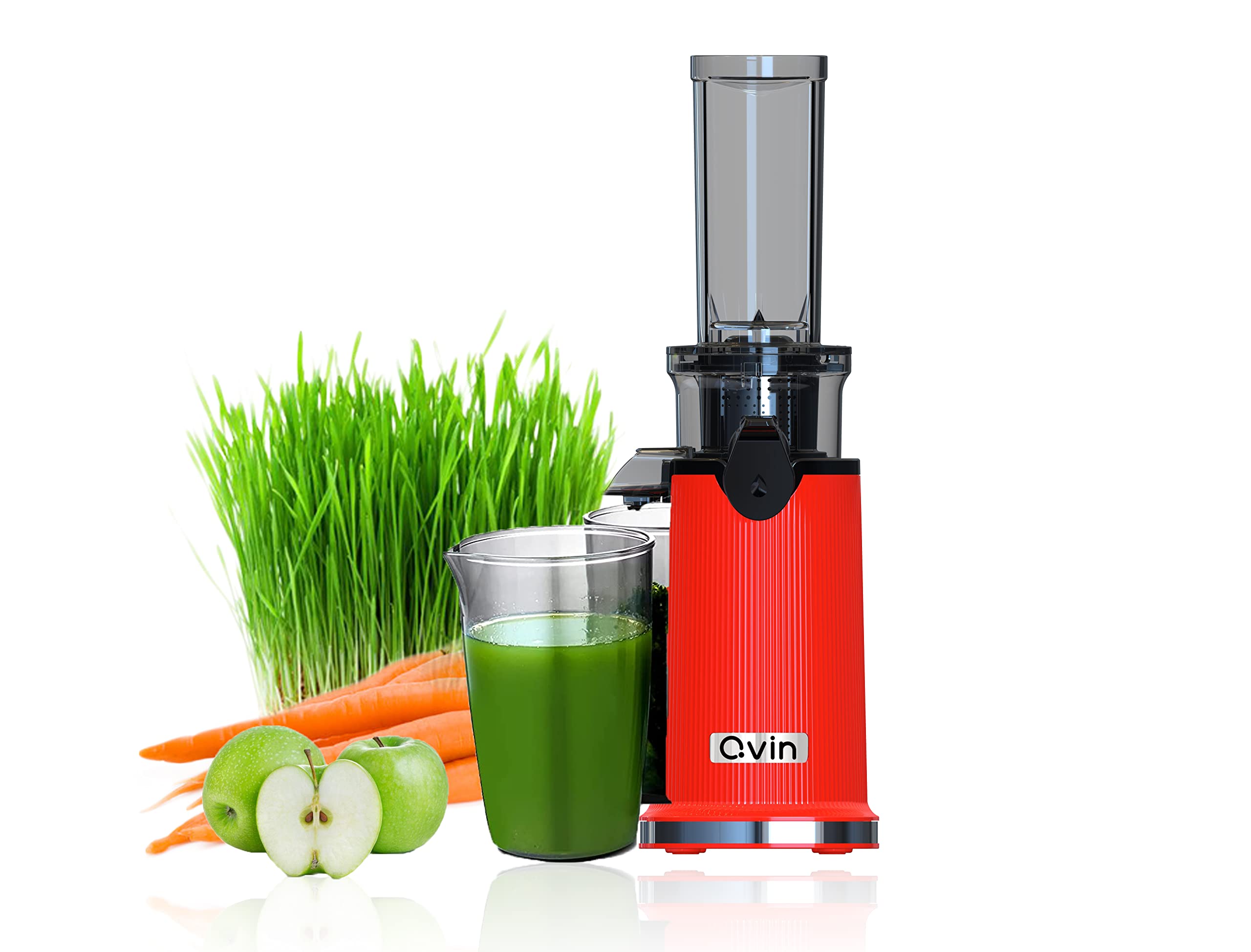 Meaty Dishes:
Meaty Dishes:
Enhancing Proteins:
Meatloaf and Burgers: Incorporate vegetable pulp into meatloaf or burger patties. The pulp not only adds moisture and flavor but also reduces the amount of meat needed, making the dish both healthful and cost-effective.
Meatballs: Add pulp to meatball mixtures to boost the fiber content and create a unique flavor profile. This technique works particularly well with vegetable pulps like onion, garlic, and bell pepper.
Gardening Applications:
How Can Juicer Pulp Improve Your Garden?
Beyond culinary uses, juicer pulp can be highly beneficial for gardening, enriching soil and supporting plant growth.
Composting:
Enriching Soil Naturally:
Compost Pile Addition: Juicer pulp is a valuable addition to your compost pile. It breaks down quickly and adds essential nutrients. Ensure you mix it well with other compost materials to balance green and brown matter for optimal decomposition.
Vermiculture: If you practice vermiculture (worm composting), juicer pulp provides a great food source for worms. The pulp breaks down quickly, making it easier for worms to consume and convert into nutrient-rich worm castings.
Mulching:
Protecting and Nourishing Plants:
Surface Mulch: Spread juicer pulp directly onto garden beds as a surface mulch. It helps retain soil moisture, suppress weeds, and gradually break down to improve soil quality. Cover the pulp with a layer of straw or leaves to prevent it from drying out and attracting pests.
Incorporating into Soil: Mix pulp directly into the soil to improve its structure and nutrient content. This practice is particularly beneficial for vegetable gardens and flower beds.
Fertilizing Plants:
Natural Plant Food:
Liquid Fertilizer: Create a slurry by blending juicer pulp with water and let it sit for a few days to ferment slightly. This mixture can then be used as a nutrient-rich liquid fertilizer for your plants.
Direct Application: Scatter pulp around the base of plants as a direct fertilizer. Be sure to cover it with some soil to prevent attracting pests and to facilitate decomposition.
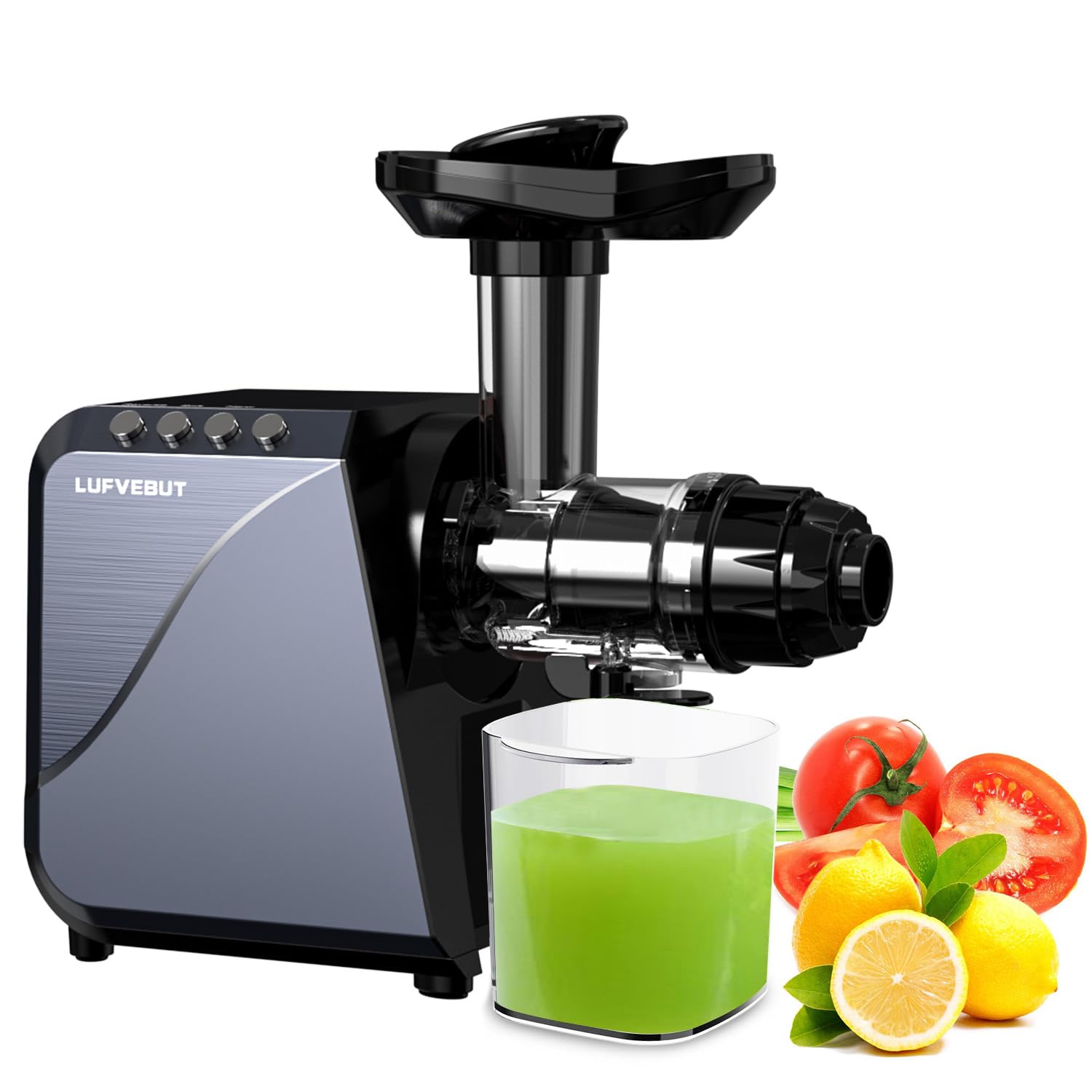 Creative Uses:
Creative Uses:
What Other Innovative Ways Can You Utilize Juicer Pulp?
Beyond the kitchen and garden, juicer pulp can be used in several imaginative and practical ways.
Pet Food Enhancer:
Boosting Pet Nutrition:
Dog Treats: Incorporate fruit and vegetable pulp into homemade dog treats. Combine the pulp with flour, eggs, and a little peanut butter, then bake until firm. Ensure the pulp comes from pet-safe ingredients.
Small Animal Snacks: Offer fruit and vegetable pulp to small animals like rabbits and guinea pigs as a nutritious and enjoyable snack. Always check that the ingredients used are suitable for your pets.
Beauty and Wellness:
Making Natural Products:
Facial Masks: Create DIY facial masks using fruit pulp like cucumber or aloe. The natural enzymes and nutrients can benefit your skin. Mix the pulp with honey or yogurt for added benefits.
Body Scrubs: Use fruit pulp, particularly citrus, combined with sugar or sea salt, to create exfoliating body scrubs. This mixture removes dead skin cells and brightens the skin naturally.
Craft Projects:
Eco-Friendly Creativity:
Paper Making: Blend pulp with water to create a slurry suitable for making recycled paper. This eco-friendly project is both fun and educational, revealing a tangible example of repurposing waste.
Art Supplies: Use colorful vegetable pulp to dye paper or fabric for various craft projects. The natural pigments offer a sustainable alternative to synthetic dyes.
Animal Feed:
Farm and Livestock Use:
Chicken Feed: Mix vegetable pulp with chicken feed to provide additional nutrients and variety in their diet. Ensure the pulp is safe and free of ingredients harmful to poultry.
Livestock Supplement: On farms, larger livestock like cows and goats may benefit from the added fiber and moisture in their feed by incorporating well-chosen pulps.
Nutritional Supplements:
Enhancing Diets:
Fiber Additive: Add vegetable pulp to soups, casseroles, and stews as a fiber supplement. It boosts the dish’s nutritional profile without altering its flavor significantly.
Superfood Boost: Use pulp as a base for homemade nutrition bars. Mix with nuts, seeds, and a binding agent like honey or nut butter, then press into bars and refrigerate. This offers a superfood boost packed with natural nutrients.
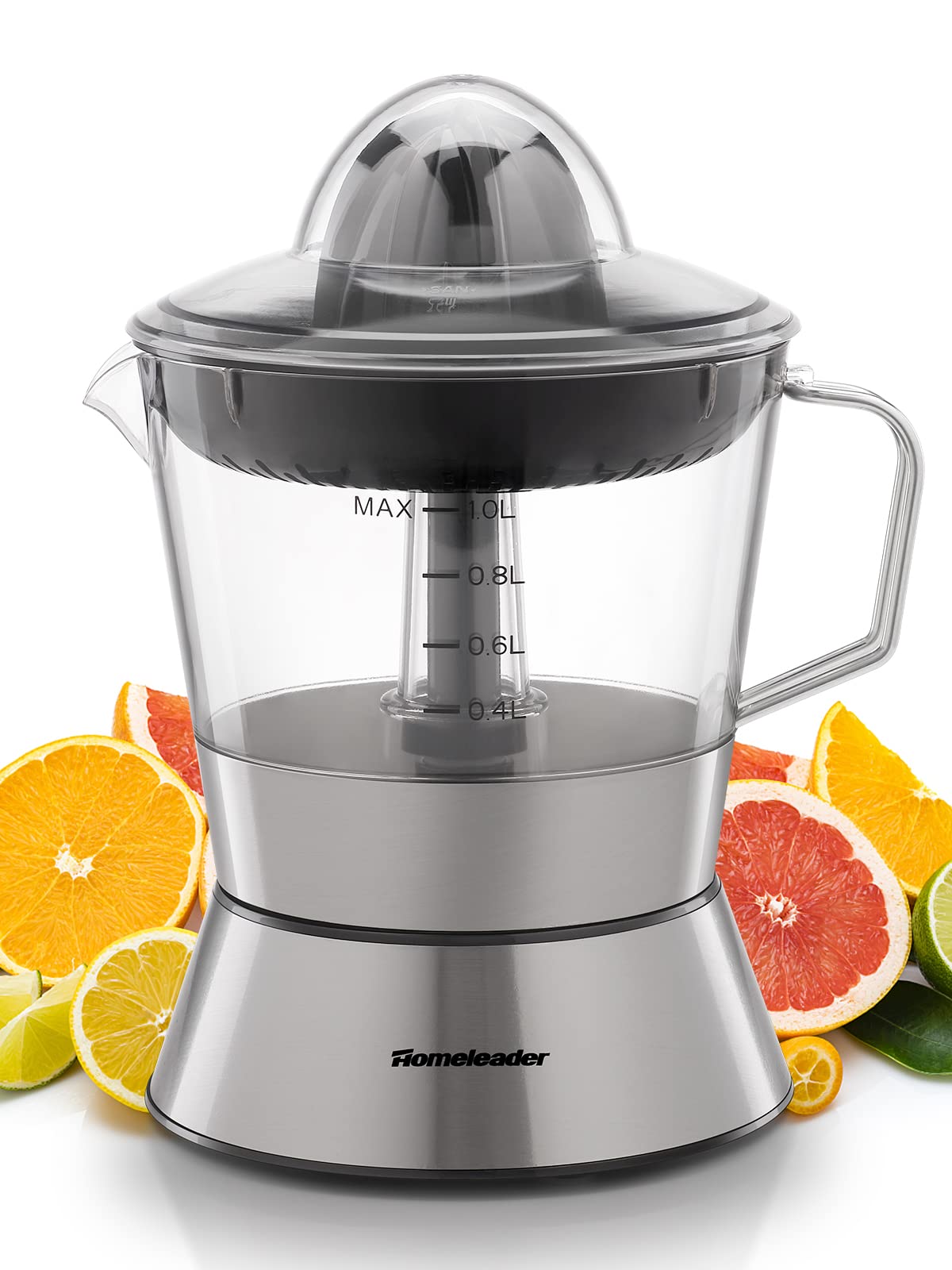 Eco-Friendly Practices:
Eco-Friendly Practices:
How Can Using Juicer Pulp Promote Sustainability?
Repurposing juicer pulp aligns with eco-friendly practices by reducing waste and promoting sustainability.
Waste Reduction:
Minimizing Food Waste:
Zero Waste Goal: Utilizing juicer pulp helps achieve a zero-waste kitchen by maximizing the use of all parts of fruits and vegetables. This reduces the burden on landfills and promotes a more circular economy.
Resource Efficiency: By finding multiple uses for juicer pulp, you extend the value of your produce, ensuring that fewer resources go to waste during the food preparation process.
Sustainable Consumption:
Mindful Eating:
Conscious Choices: Incorporating pulp into meals and other uses encourages mindful and sustainable consumption habits. It promotes an awareness of food resources and their potential applications beyond initial use.
Supporting Organic Practices: Using juicer pulp in composting and organic gardening practices supports sustainable agriculture and minimizes reliance on synthetic fertilizers and pesticides.
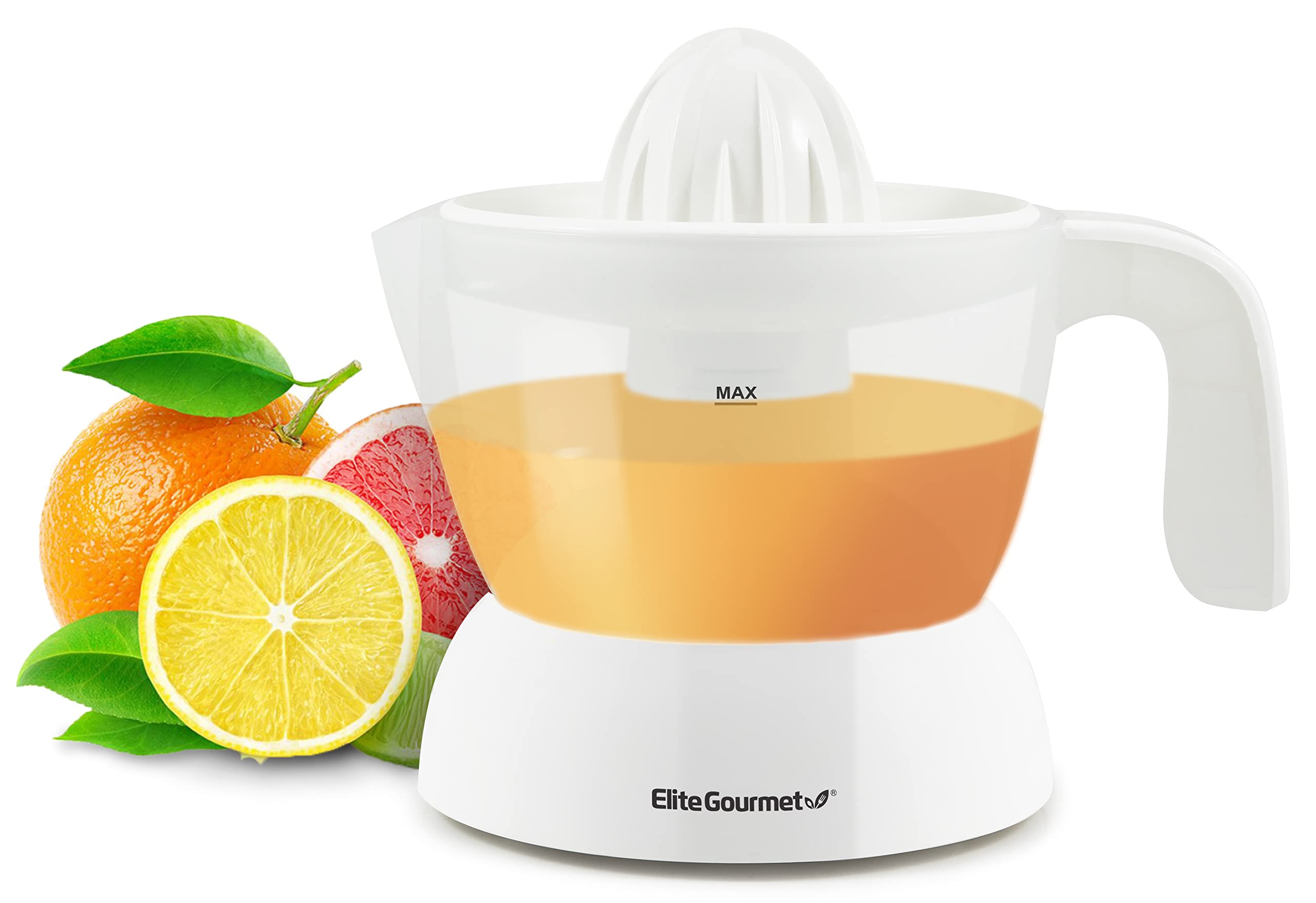
Conclusion
Juicer pulp, often considered a byproduct, can be repurposed in numerous valuable ways across culinary, gardening, and creative domains. From enhancing baked goods and thickening soups to enriching compost and creating natural beauty products, the potential uses of pulp are vast and varied. By integrating these practices, you can reduce waste, enhance your diet, support sustainable gardening, and explore innovative crafting techniques. Understanding and utilizing the full value of juicer pulp fosters sustainability and maximizes the benefits of your juicing endeavors, contributing to a more eco-friendly and resource-efficient lifestyle.

